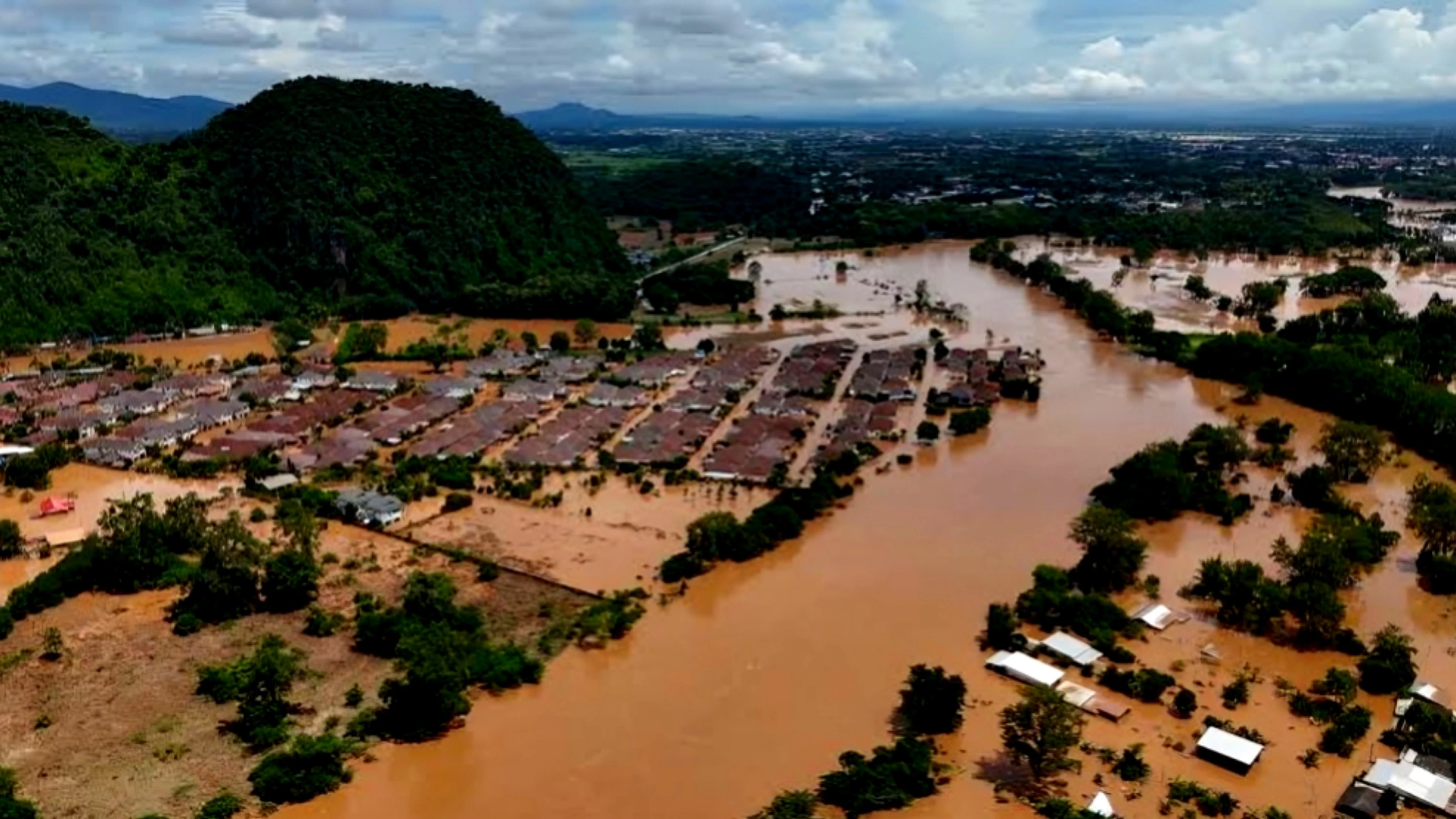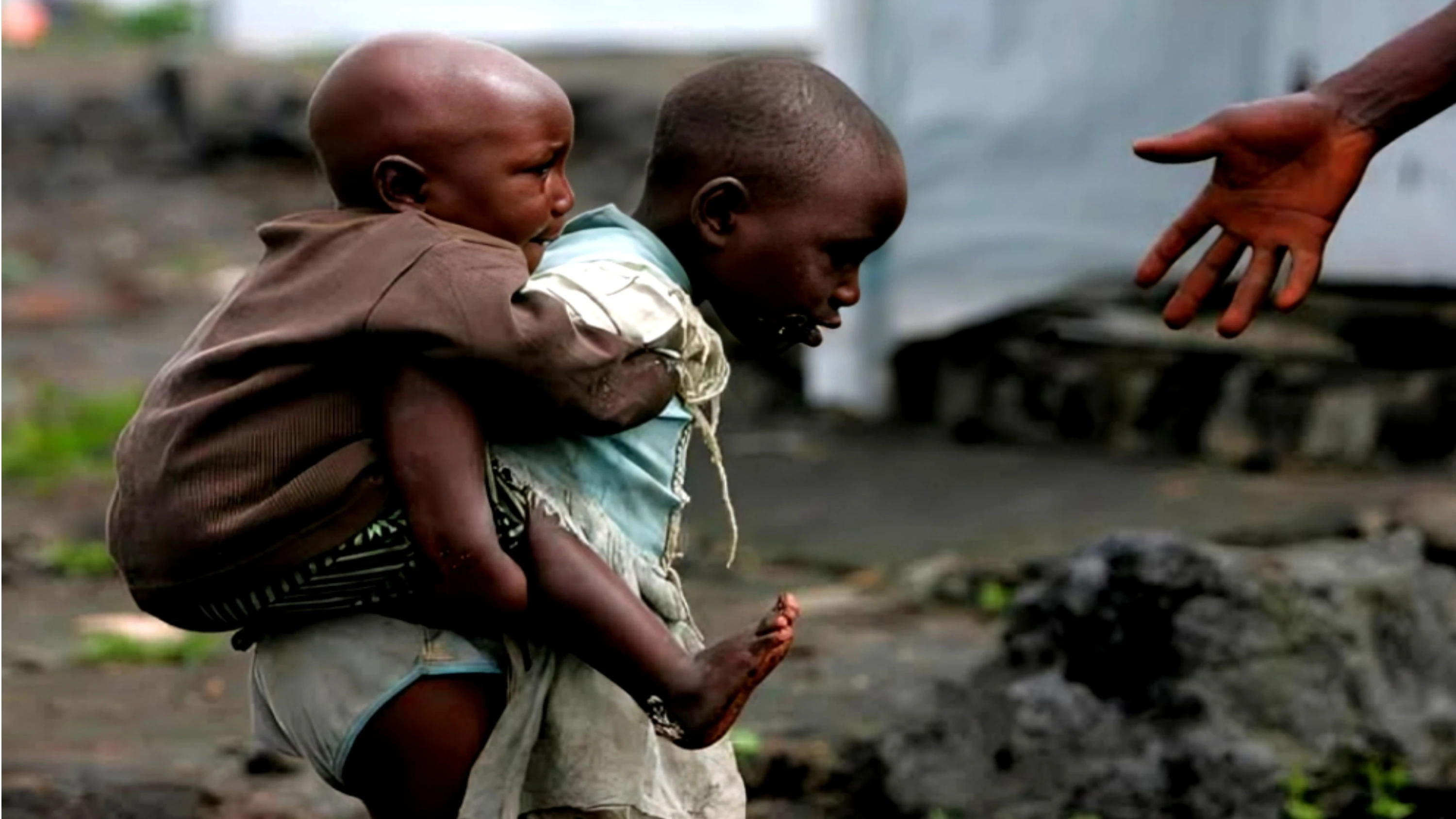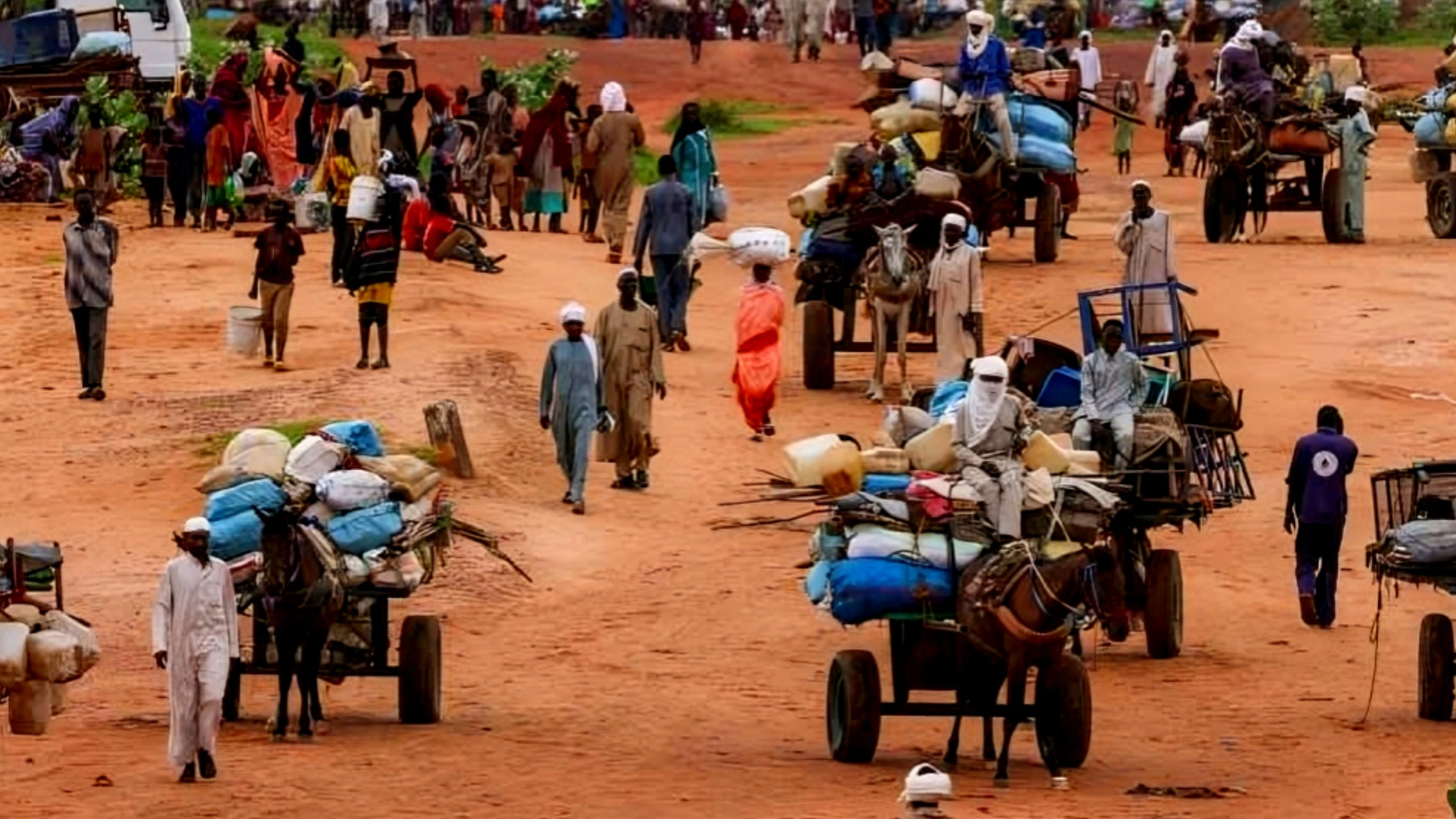Report: According to the World Meteorological Organization (WMO), natural disasters related to climate change have caused over $4 trillion in economic losses and resulted in the deaths of more than two million people worldwide between 1970 and 2021.
In a statement marking World Meteorological Day on March 23, WMO Secretary-General Professor Celeste Saulo highlighted that while economic costs continue to rise, the number of casualties has declined due to improved measures to save lives.
The WMO report states that the last ten years have been the hottest on record, and 2024 is expected to be the first calendar year to temporarily reach 1.5 degrees Celsius above pre-industrial levels. "Unfortunately, this won’t be the last time. Every fraction of a degree matters for our lives and livelihoods," the report warns. The impact of weather and climate is becoming more severe, with increasing frequency and intensity of heatwaves, destructive storms, and rapidly intensifying tropical cyclones.
This year's World Meteorological Day is themed "Closing the Early Warning Gap Together," emphasizing the importance of national meteorological and hydrological services in building a safer and more resilient world. The WMO reported that, as of 2024, 108 countries have implemented multi-hazard early warning systems, more than doubling from 52 countries in 2015. However, the organization stresses the need for accelerated progress.
Governments must collaborate to enhance technology, foster international cooperation, and invest in shared resources to fulfill the promise of "Early Warnings for All." The WMO emphasizes that no country can tackle these challenges alone.
Predicting risks requires international cooperation, data sharing, and actionable warnings from National Meteorological and Hydrological Services (NMHS). These warnings must go beyond forecasts—they need to be clear, accessible, and linked to early action to ensure people know how to respond to natural disasters.
The United Nations’ "Early Warnings for All" initiative aims to provide global protection through alert systems by 2027. UN Secretary-General António Guterres stressed the need for high-level political support, technological advancement, increased financial aid, and stronger cooperation between governments, businesses, and communities. Expanding the lending capacity of multilateral development banks is crucial, and progress made under last year’s "Pact for the Future" must be fully implemented.
The WMO’s State of the Global Climate report confirms that 2024 is likely to be the first year exceeding 1.5°C above pre-industrial levels, making it the warmest year in 175 years of recorded observations. Atmospheric carbon dioxide levels are at their highest in 800,000 years, and the past decade has seen each year ranking among the ten warmest on record. Additionally, the last eight years have each set new records for ocean heat content.
Over the past 18 years, Arctic sea ice has reached record-low levels, while Antarctica has recorded its three lowest ice levels in the past three years. The last three years have seen the most significant glacial mass loss, and the rate of sea level rise has doubled since satellite measurements began.
In 2023, global temperatures reached record highs, and 2024 has already surpassed these records, primarily due to the continued rise in greenhouse gas emissions. Other factors contributing to this unexpected surge in temperature include solar cycle changes, major volcanic eruptions, and a reduction in cooling aerosols.








